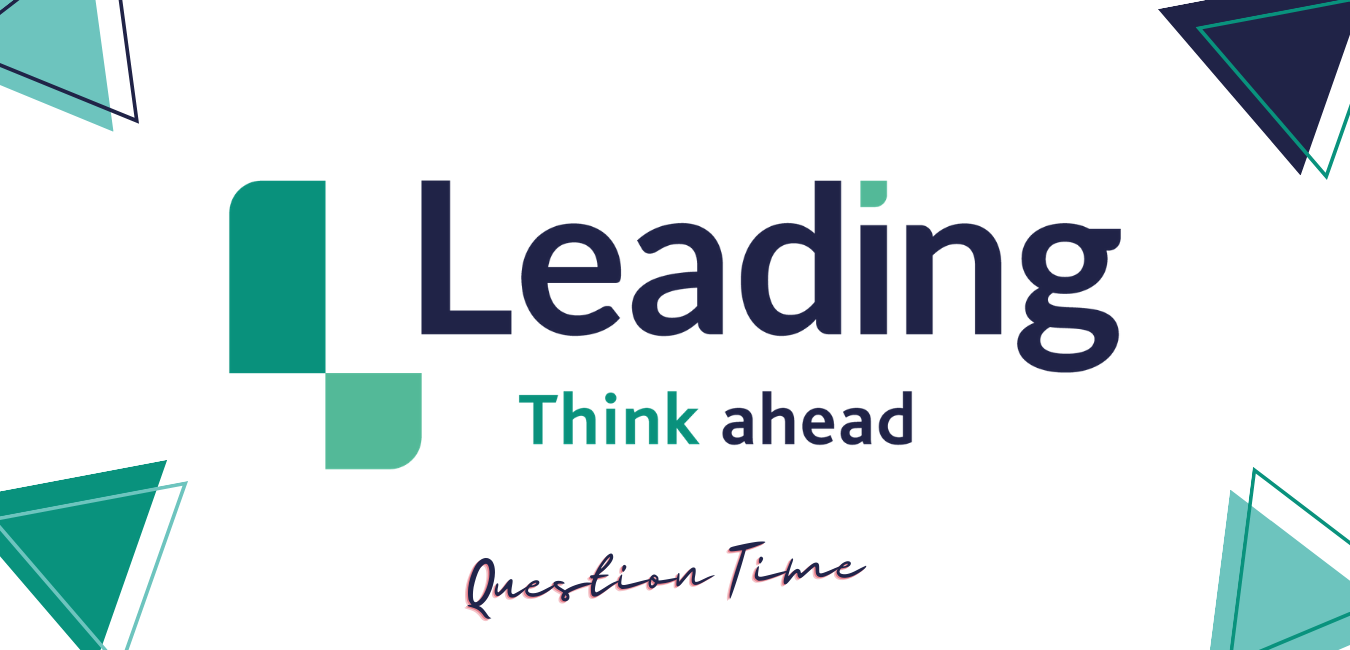Why Would a Company Use Liquidating Dividends?
As a shareholder of a company, you can expect to receive annual dividends. These are a distribution to shareholders of the company’s profit, which are normally paid from the company’s retained earnings. However, as a shareholder you may receive what are known as liquidating dividends. But what are liquidating dividends and when would a company [...]







